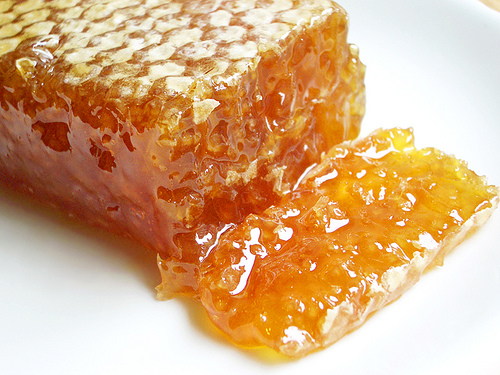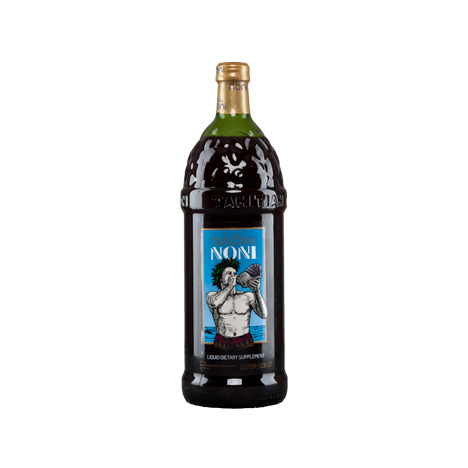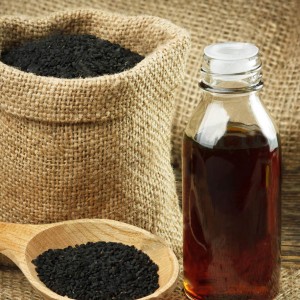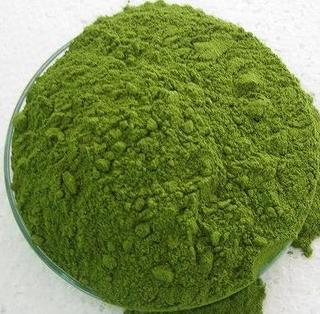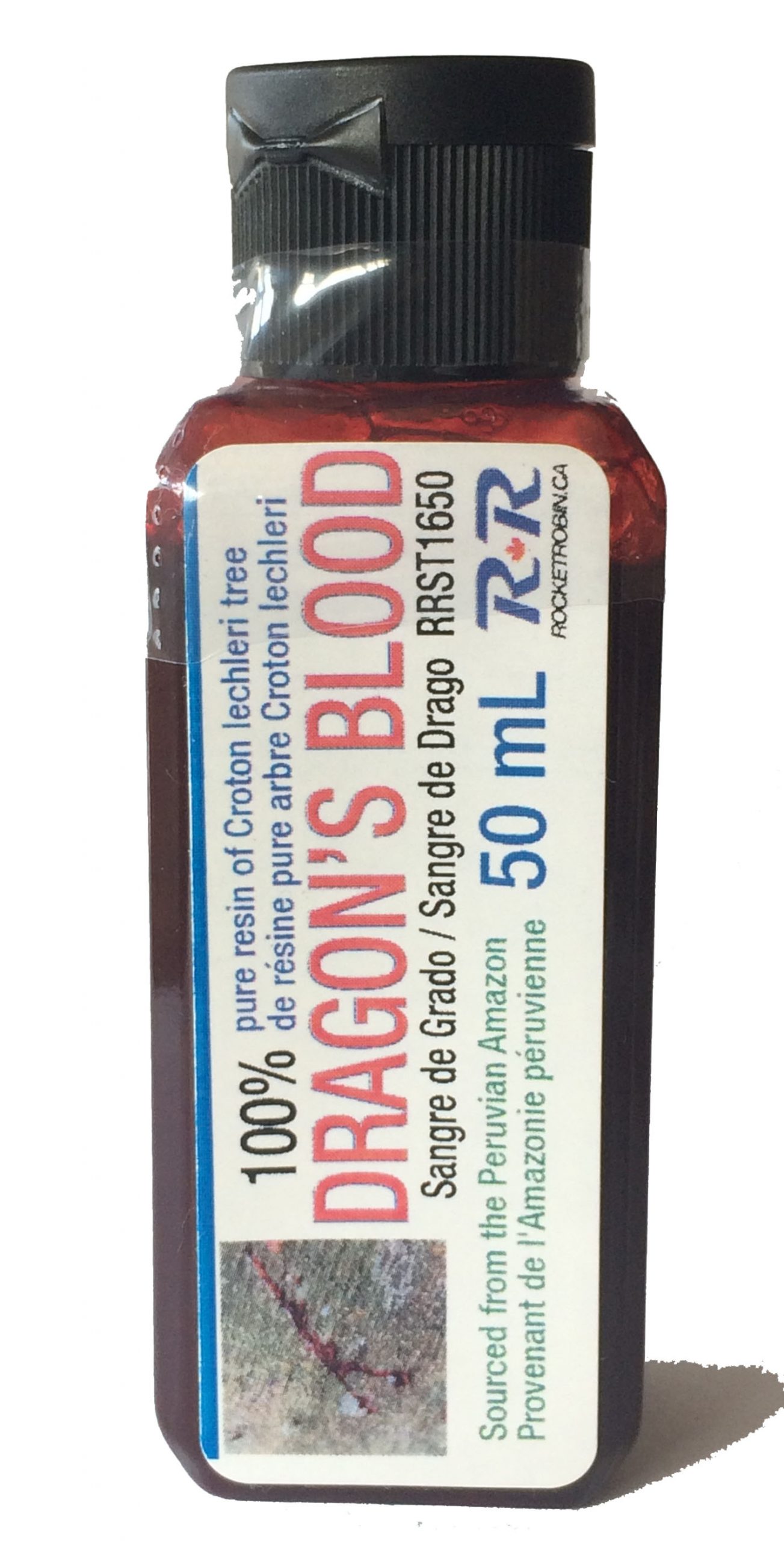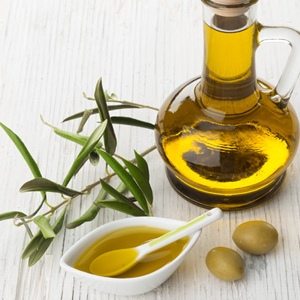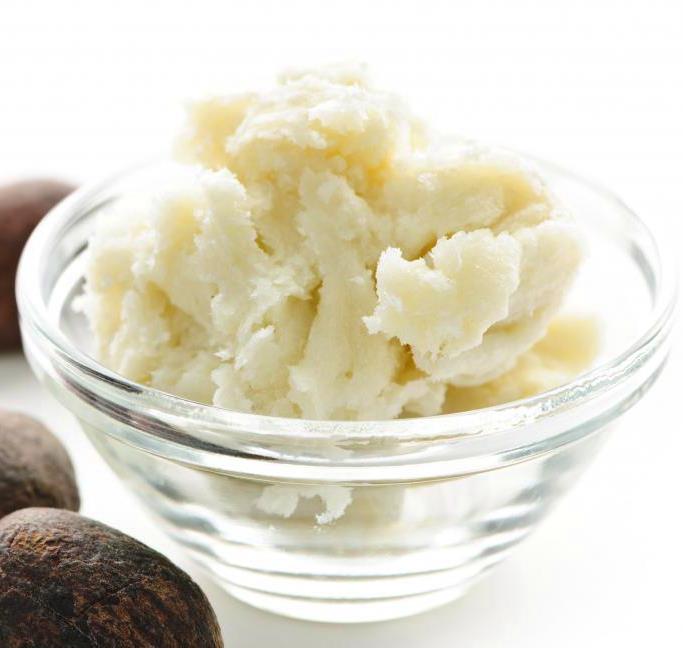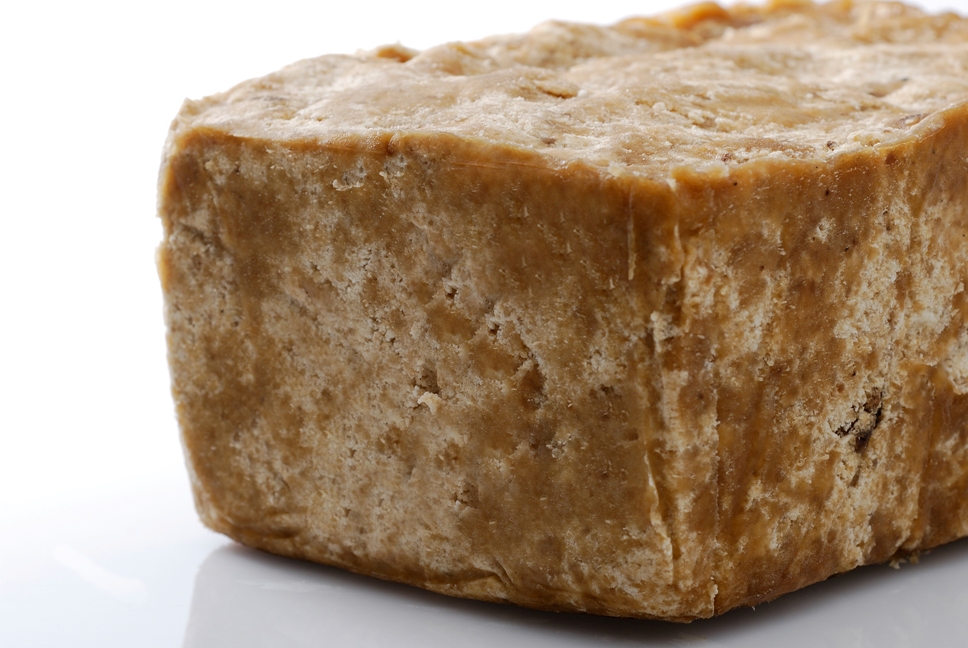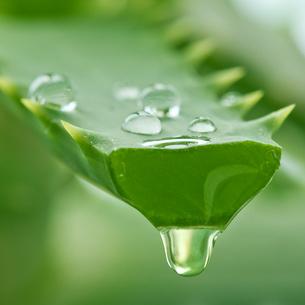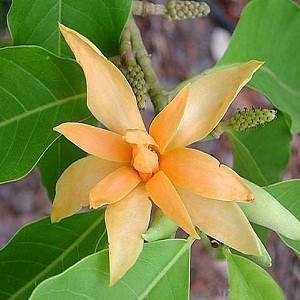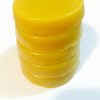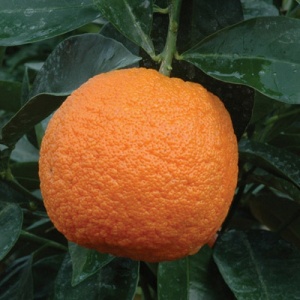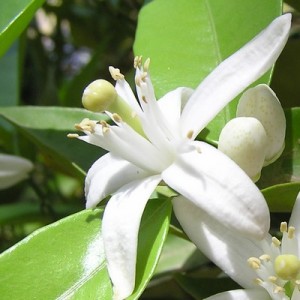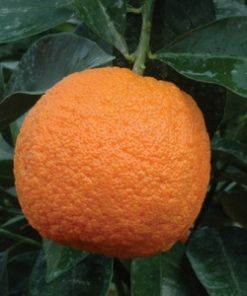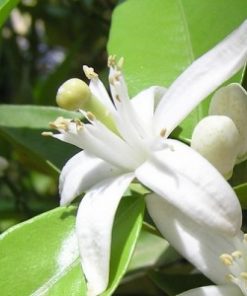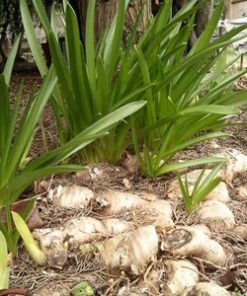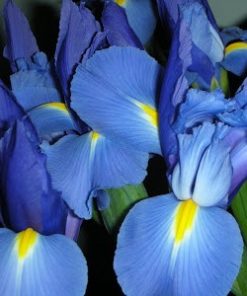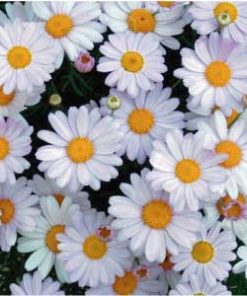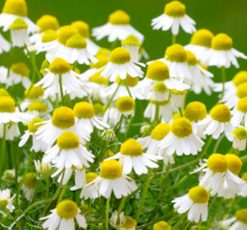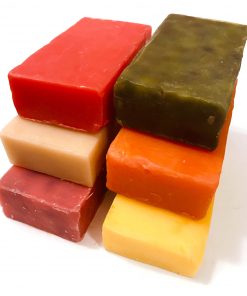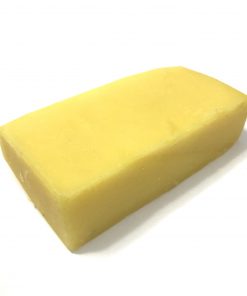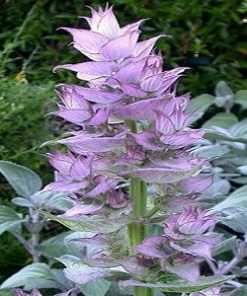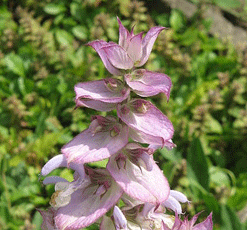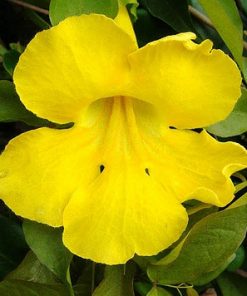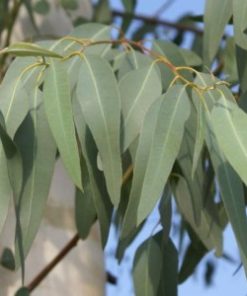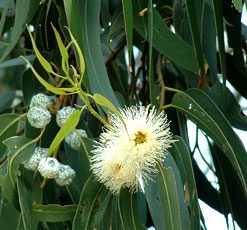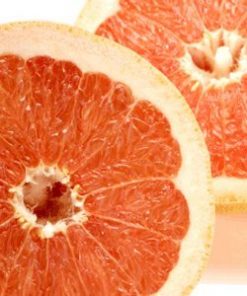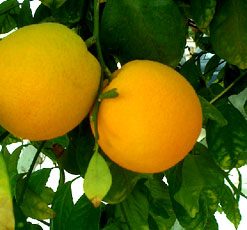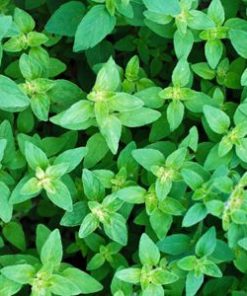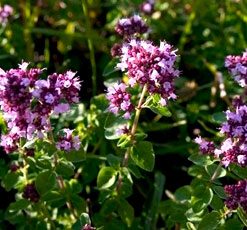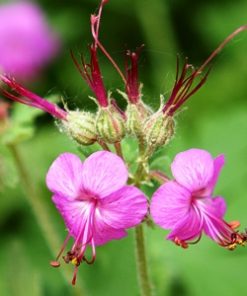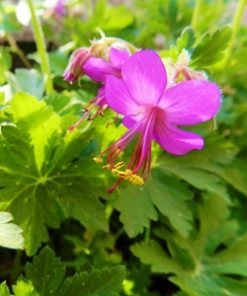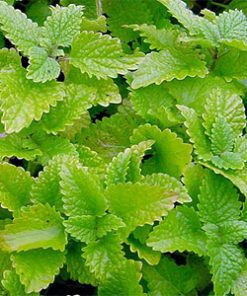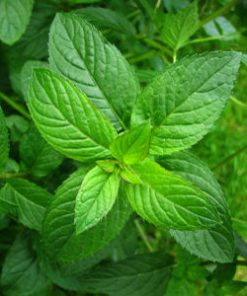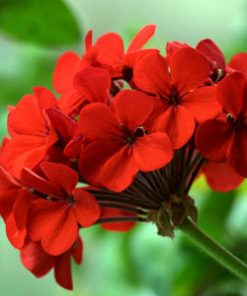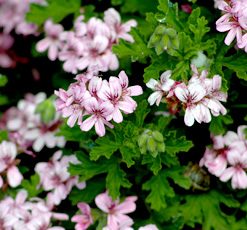Description
Essential Oil Neroli (15 mL)
Essential Oil Neroli
Aroma: Sweet, Floral, honeyed, slightly haunting due its green, slightly spicy notes.
Traditional Use: Highly regarded for healing properties for thousands of years, to uplift the mood, on scars, mature skin, stretch marks, insomnia, frigidity, nervousness, shock.
Properties: Antibacterial, anti-inflammatory, antiseptic, antispasmodic, aphrodisiac, carminative, fungicidal, sedative, tonic
How to Use: Applied topically, diffused or inhaled.
Blends well with: chamomile, clary sage, coriander, frankincense, geranium, ginger, grapefruit, jasmine, juniper, lavender, lemon, mandarin, myrrh, orange, palmarosa, petitgrain, rose, sandalwood, ylang ylang
Safety: Avoid while pregnant. Not for internal use.
HISTORY OF USE
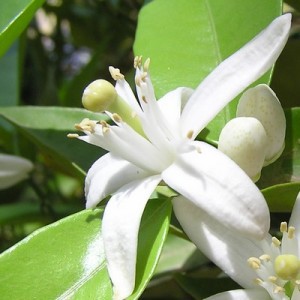
Neroli oil is an essential oil produced from the blossom of the bitter orange tree (Citrus aurantium subsp. amara or Bigaradia), which is cultivated in the Western parts of India, Eastern Africa, and the Himalayas. During the mid-1500s, the Spaniards brought the tree back to St. Augustine, Florida, where it thrived and was exported by 1763. This is why Florida became known as one of the world’s largest producer of oranges, with the orange blossom flower and fruit even regarded as official state symbols. Today, orange blossom trees are also commercially grown in Morocco, France, Tunisia, and Egypt.
Neroli oil was named after the 16th century Princess Anna Maria de La Tremoille of Nerola, Italy, who loved the fragrant orange blossom scent and introduced it to Italy. Both Duchess Marie Antoinette and the French military leader Napoleon Bonaparte loved neroli oil, using it every day as a fragrance or aftershave.
Most of the parts of the bitter orange are valued for their strong but alluring fragrance, and are vital in the fragrance industry. The essential oil comes from the orange peel, the leaves are used to make petitgrain oil, and the flowers are distilled to make neroli (or orange blossom) oil.
Neroli oil has a sweet and intensely floral aroma, and can be pale yellow or coffee-brown in color. Oftentimes it is classified as a floral oil instead of a citrus oil. However, be very cautious when purchasing neroli oil, as many manufacturers adulterate their oil with chemical compounds in order to increase their sales. Even when diluted, neroli oil still retains its strong floral smell.
Neroli oil is made from the freshly picked flowers of the bitter orange tree, which then go through a lengthy absolute extraction process, traditionally via water distillation or steam distillation. It’s very expensive to produce.
During the ancient times, neroli oil was essential in helping combat the plague, relieve fever, and banish nervousness. The ancient Egyptian priests and priestesses also used this oil to heal their body, mind, and spirit.
Neroli oil is also widely used in the perfume and fragrance industry. In fact, Eau-de-Cologne, the famous perfume from Cologne, Germany, used this oil as its main ingredient. Today, neroli oil is added to various fragrances and perfumes. Not only does it complement other citrusy notes, but it also acts as a natural fixative that helps maintain the original composition of the oils without losing its true fragrance.
HEALTH BENEFITS
Emollient: This is one of the most popular properties of neroli essential oil, which is its ability to care for the skin. It makes the skin smooth, free from infections and adds a glamorous glow. It also helps to maintain the right moisture and oil balance in the skin.
Disinfectant: It disinfects the body as well as your surroundings, while curing infections of the colon, prostrate, kidneys and urinary tracts when taken internally. In other uses, it helps cure skin infections and protects against new infections as well.
Antispasmodic: This essential oil efficiently handles spasms and gives relief from spasmodic coughs, cramps, spasmodic aches and spasmodic cholera. It also relaxes the muscles throughout the body.
Sedative: It sedates all of the organ systems and metabolic functions of the body, including those in your head. It gives relief from anxiety, distress, anger, depression, inflammations and irritations. In other words, it relaxes both the body and soul.
Tonic: Neroli essential oil safeguards all the aspects for good health, such as maintaining the correct rate of metabolism, proper circulation and a boosted immune system.
Deodorant: This essential oil can also drive away foul odors. It can be used on the body as a perfume or in rooms as room fresheners or vaporizers. This will not only drive away odor but will also disinfect the rooms against germs and toxins.
Antidepressant: Neroli Essential Oil drives away sadness, invokes a feeling of joy and happiness while uplifting your overall mood. That is why this oil is extensively used in Aromatherapy techniques.
Insomnia: One of the essential oils with the most sedative effects is useful for treating depression, anxiety and shock and is also effective in calming heart palpitations, treating headaches, neuralgia and vertigo. It can help when a patient is convalescing and is a good general tonic.
Cytophylactic: Neroli essential oil promotes the generation of new cells and stimulates the health of those already present. On the skin, neroli oil can help to regenerate skin cells and is a rejuvenating oil useful to prevent ugly scar tissue, promote a smoother skin, fighting stretch marks and broken capillaries.
Caution: NEVER USE INTERNALLY without consulting professional medical help
- Not recommended for pregnant women and infants.
Individuals with serious and chronic health issues should consult an expert prior to using oils.
TRUST ROCKET ROBIN
Rocket Robin is proud to be your supplier of truly natural products with simple ingredients in support of your family’s health and well-being.
Additional information
| Weight | 0.1 kg |
|---|---|
| Dimensions | 10 × 10 × 1 cm |

